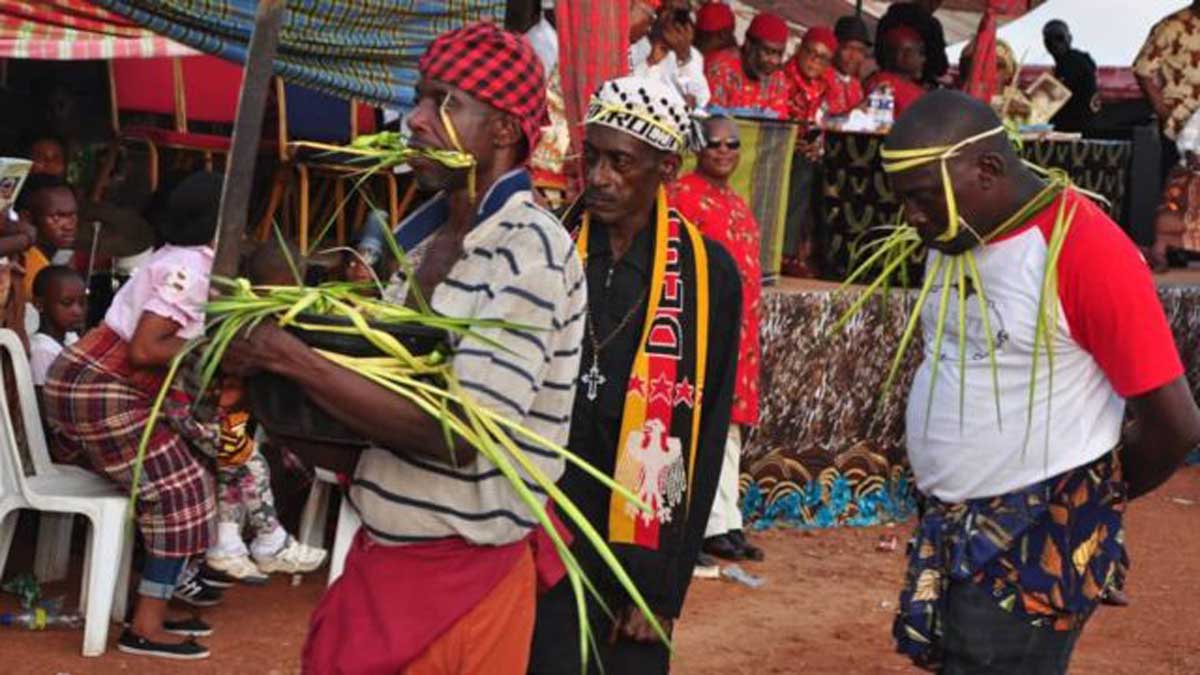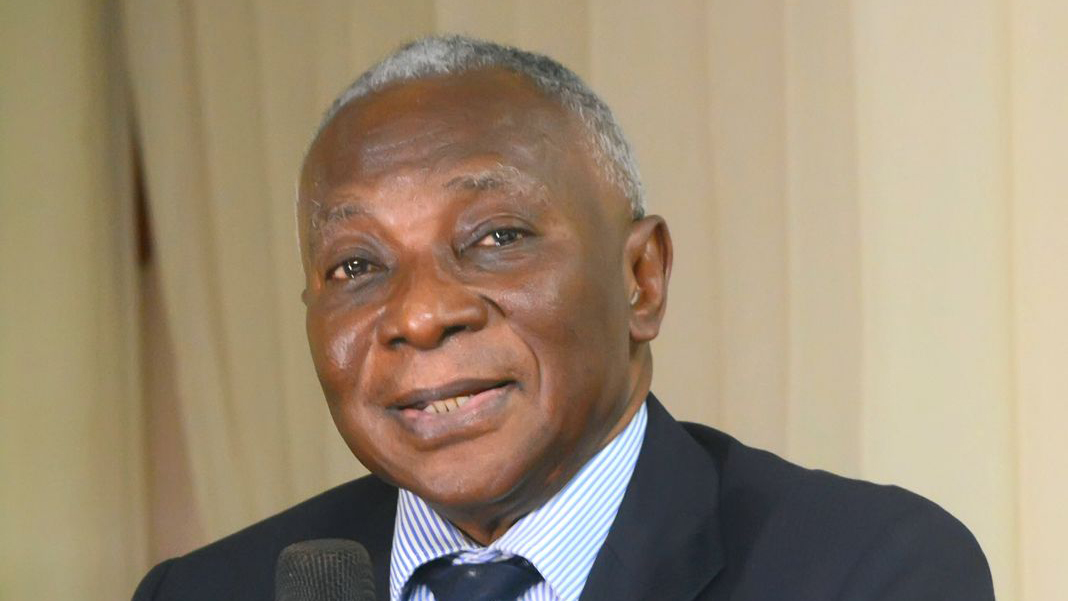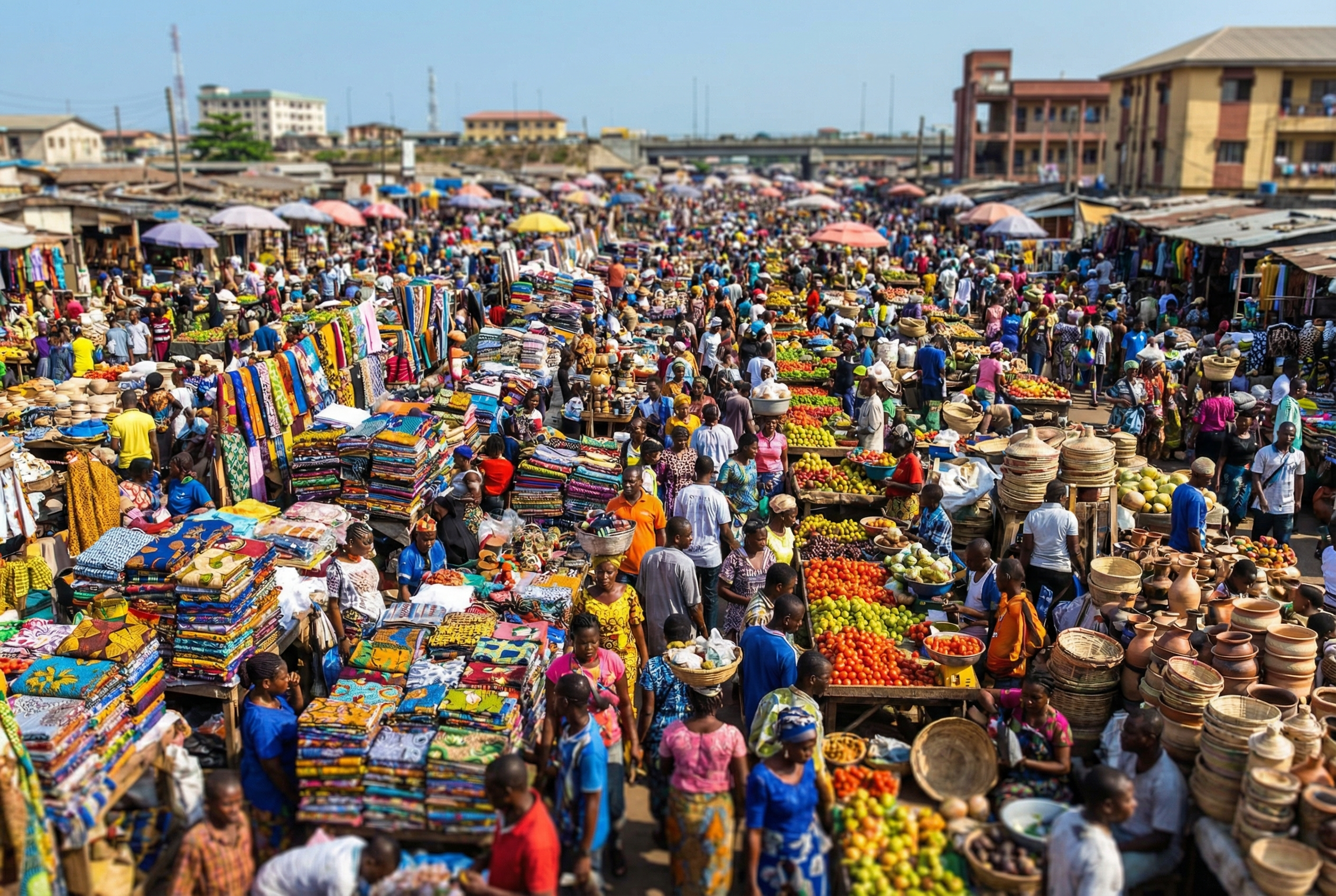

My Arochukwu is an old kingdom with a glorious, rich and colourful history just as its equivalent across Europe, the likes of Rome, Athens and other cities of antiquity. To date, the legend of Arochukwu still resonates, as many still remember the slave trade (acceptable trade at that time), and the legend of the Long Juju of Arochukwu.
In this modern time, the kingdom has produced numerous notable sons and daughters in all spheres of life – academia, politics, business, medicine, science, engineering, literature and the arts – many of them, titans in their various fields of endeavours. There is a saying that, “There is no university in Nigeria that does not have a professor from Arochukwu”. How true this is, because even abroad, indigenes of the Arochukwu are faculty members of many Ivy League institutions. In business too, some of Nigeria’s top millionaires and billionaires of Southeast extraction are from Arochukwu. Indeed, the sons and daughters of Arochukwu in diaspora are doing well and making the country proud.
However, when you travel to Arochukwu (the city itself) you will be disappointed with the people, as mentioned above. It is now a matter of “show me the road leading to your town and I will tell you the kind of people from that town.” The road leading to Arochukwu and the roads within its ancient landmark, tell it all. This does not speak well of the greatness and historic significance of this ancient kingdom. Recent pictures taken of the terrain of Arochukwu can be likened to those taken in 1804, 1904 and 2004, for it is still an ancient kingdom steeped in antiquity. These also include the satellite photos taken from space. They give the impression of a chaotic landmass, with the risk of intense catastrophe in the event of natural disasters.
Every year during the festive season (Christmas especially), sons and daughters of Arochukwu ply the same dusty, riddled with potholes roads, which are in some places unmotorable due to incidents of erosion, to get to their majestic homes. It is a town with an obvious lack of proper town planning, yet no one complains. Indeed, no one has seen the need for an urban renewal of a town with such a big name; instead they celebrate the festivities with gusto, do other needful things (like the yearly rite of the launch of roofs of churches) and afterwards, head back to wherever they came from (via the same deplorable roads), only to face the same challenges year after year. The degradation of the area continues unabated; it begs the question, “Do these people not feel the need to do something to remedy the situation?”
In the same South-eastern Nigeria, even in that same Abia State, we have seen the indigenes of neighbouring communities mobilise to undertake infrastructural development of their ancestral homes even whilst they live in big cities like Lagos, Abuja and/or the diaspora. They have ensured that their hometowns have no need for critical infrastructure, like a good road network, so that their every year in December is stress-free.
Abiriba is a model example, called the country’s “Small London” by the late Nnamdi “Zik” Azikiwe, from as far back as the 1950s. When you visit today, Abiriba is still a beauty to behold, so much so it can contest and win the honour of, “The Most Beautiful Community in Nigeria”, if such a contest exists. The citizens of Abiriba did not allow their community to go to ruins because over the years, they paid attention to the infrastructural development of their community to ensure that they have all the necessary infrastructure when compared to other big cities.
My Arochukwu people, Na wa o! We build gigantic, palatial homes (some of them with helipads), but we ignore the roads leading to and within the town. Some people will say in Igbo “Ihe a abughi aga anyi za ekwu okwu na Aro”, but someone must tell it the way it is. We should talk to ourselves and perhaps, cover our faces in shame!
The Arochukwu Local Government Area, with the town as its headquarters, is the third largest local government area in Abia State, after its capital city, Umuahia and the popular commercial town of Aba. Yet, in terms of infrastructure, Arochukwu is nowhere comparable to either Aba or Umuahia.
Let me say it loud and clear: in Arochukwu, the existence of a tarred road is a rarity. The roads are bad, dusty and barely motorable, yet no one bothers to upgrade them. Erosions have led to gullies, which pose a great risk to the road users and commuters. Some properties, built with millions of naira have tilted like the Leaning Tower of Pisa and are on the verge of falling over due to erosion. Quite a poor sight and a source of concern to many citizens in the LGA. It is so disheartening that a town full of mansions and palatial homes has poor road network within and/or leading to and from the outside world; thus, dust have settled on the buildings, making them look ancient and abandoned. What an irony!
Furthermore, we cannot discuss this issue without asking, “Where is the government?”
We know the local government authority is closer to the people and is responsible for delivering a broad range of services related to the environment, community development and social amenities. However, the state of degradation and dilapidation of existing scant infrastructure makes one wonder if there is no government of any sort in Arochukwu? An individual may decide to construct a few kilometres of road. What then is the duty of a responsive and responsible Local Government Authority?
We are all familiar with the federal and state government approach to infrastructural development. Their priority, usually, is the state capital. The local government, however, is closer to the grassroots and can mobilise the people to undertake self-help measures or communal intervention that could catalyse the development of communities. Where this arrangement works, indigenes in the diaspora can easily be persuaded to channel financial resources to their LGA to fund development projects in the community. This eventually, through the service of the Local Government, will attract support from the state or federal governments.
We should not also forget to ask: “What are the people representing Arochukwu at the legislative arm of government doing?” We have a senator, members of the House of Representatives and State House of Assembly, and a Local Government Chairman elected by the people of Arochukwu to represent and look after their interests. Why is no one holding them accountable? The poor state of Arochukwu is a stark reminder that they have failed in their responsibilities, being unable to deliver the dividends of democracy to the electorate. They are the main reason Arochukwu is still in a medieval state.
Even in Rome, an ancient city with its antiquities of coliseums and aqueducts, the Romans and local authorities still try to develop their domains.
This piece is not about trying to shame the people of Arochukwu, rather it is a wake-up call for us to do the needful about our historic town. We readily show our displeasure at the underperforming state or national government officers. Similarly, we should hold the LGA Chairman accountable for the delivery of services related to the conditions of our roads, the environment, community development and social amenities.
A working LGA will turn around the fortunes of Arochukwu from being a place people visit only for traditional weddings, burials and festive seasons, to a place the young, hardworking, semi-retired and retired citizens will desire to live in and make their contribution to society.
Please, bear these in mind as you go home to Arochukwu this festive season, discuss it among yourselves, hold a townhall meeting with the LGA Chairman and come up with viable and sustainable solutions. Ideally, in a democratic society, public policies should be developed from the public’s opinions and contributions. Hence, the people being governed by the LGA Chairman should be able to influence the policies made for them, because at the end of the day, the town reflects who we are.
Arochukwu should and must be a destination for vacationers, tourists and even sight seekers, seeking great culture, fresh cuisines and fantastic scenery to unwind. It should be a place that attracts businesses just like Abiriba.
Dr Okoroafor wrote from Lagos.






